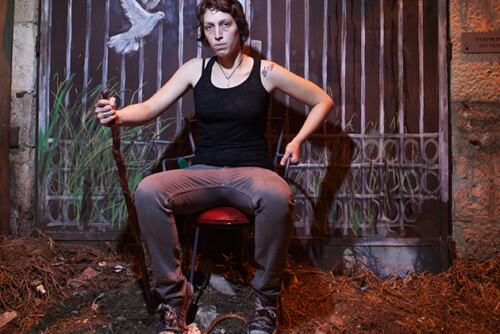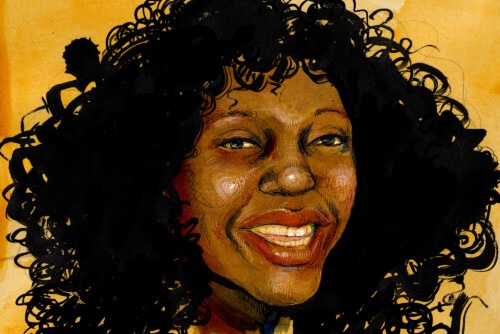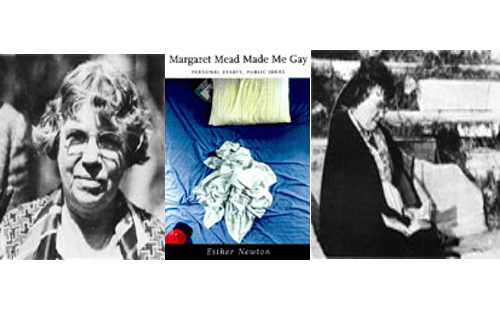Conclusion
Whether scholars contributing to the fields of enquiry broadly outlined above will explicitly embrace and use the terms “queer studies” and “queer theory” is an open question. They may very well develop indigenous terms to refer to their work, as Epprecht suggests–although the current trend seems to be one of an increasing acceptance of queer terminology in Africa and the emergence of a field called African Queer Studies. 1 Regardless of the question of naming, it is clear that their work is informed by and builds upon the methodological and analytical tools developed in queer and postcolonial studies and is queer, in Halperin’s infamous definition, because of its “positionality vis-à-vis the normative”–both in terms of sexuality and religion. 2
For non-African scholars working in the field of African queer studies, critical sensitivity is required both to the productive effects of the concepts and terminology they bring to the field, and to the epistemologies, politics, and meanings of locally preferred ways of naming, identifying, and theorizing. Another key challenge for such scholars is not to let the focus on deconstruction of sexual and other subject positions, which tends to dominate Western queer theory, to dominate their projects, but to combine this with a commitment to, and engagement with the justice and human rights concerns that members of same-sex and otherwise queer communities in Africa face. 3 Methodologically this might imply a preference for participatory and action related types of research where the research participants are considered stakeholders in the project and co-producers of knowledge, and where the lines between academic inquiry and social advocacy and activism become blurred. Decolonization applies to methodology as much as to theory, and it opens up exciting new avenues for postcolonial and post-secular scholarship on sexualities and queer politics as they intersect with religion and faith in contemporary African settings.
- See Ashley Currier and Thérèse Migraine-George, “Queer Studies / African Studies,” GLQ: A Journal of Lesbian and Gay Studies 22:2 (2016), 281–305; Keguro Macharia, “Archive and Method in Queer African Studies,” Agenda 29:1 (2015): 140-146.[↑]
- David Halperin, Saint Foucault: Towards a Gay Hagiography (Oxford: Oxford University Press, 1997), 62.[↑]
- Ibid.[↑]



